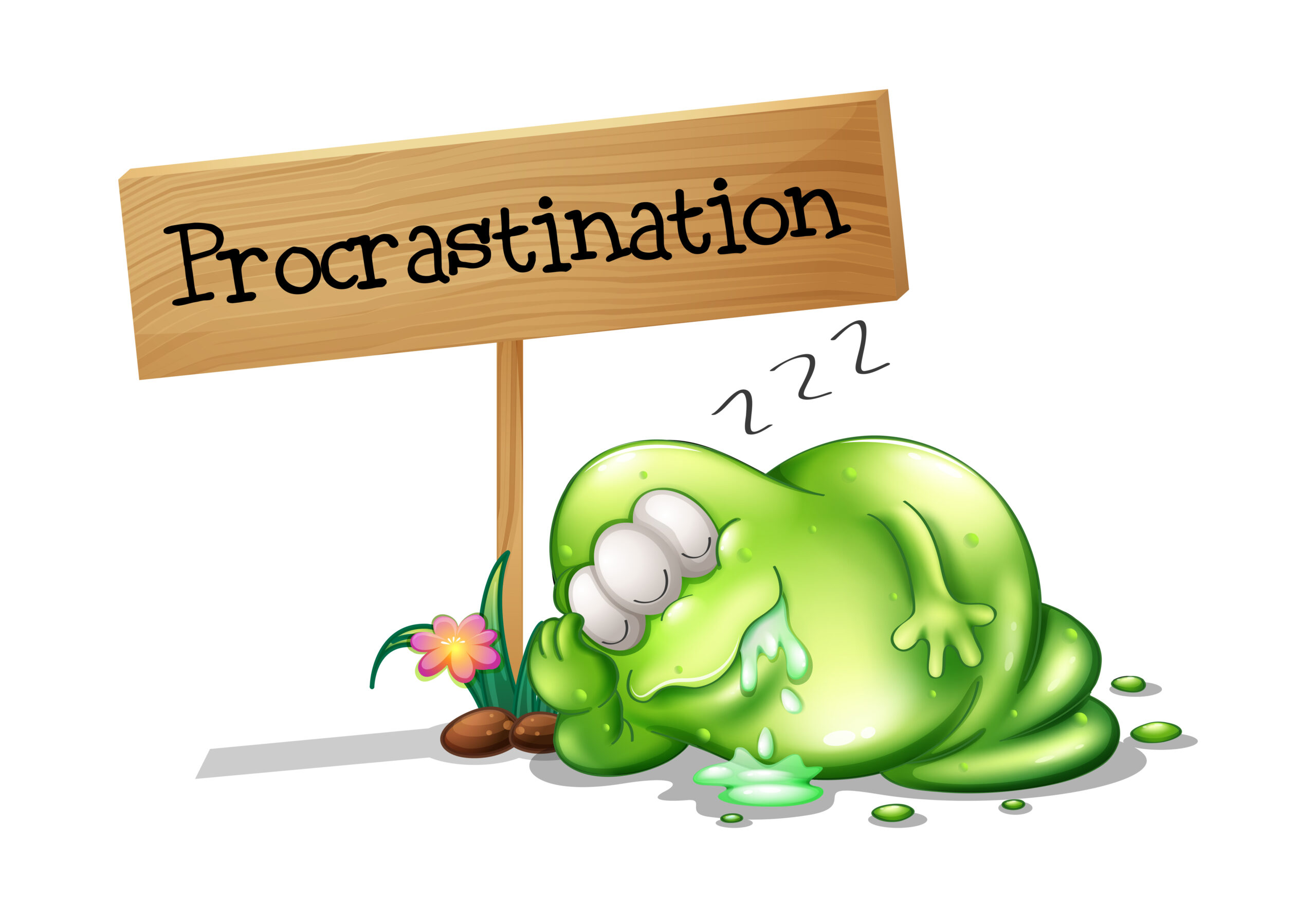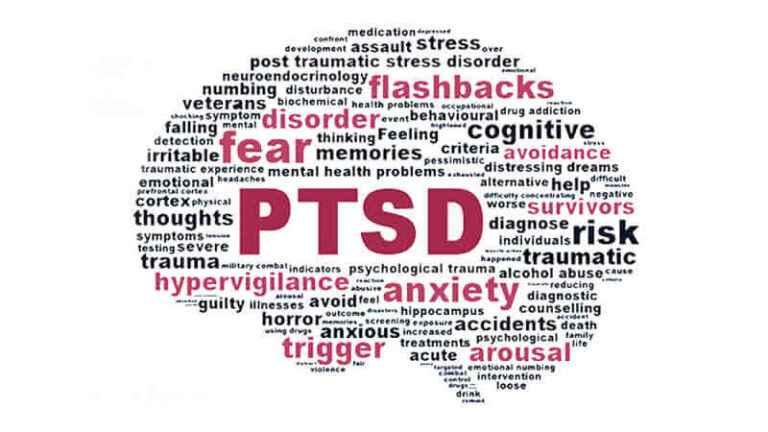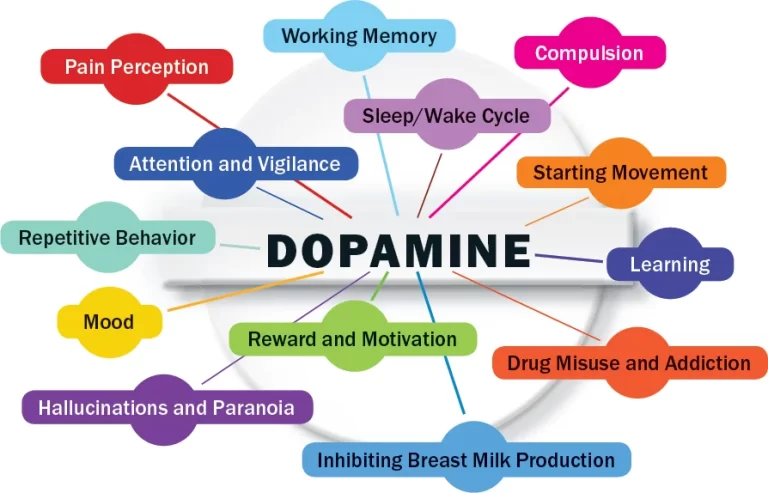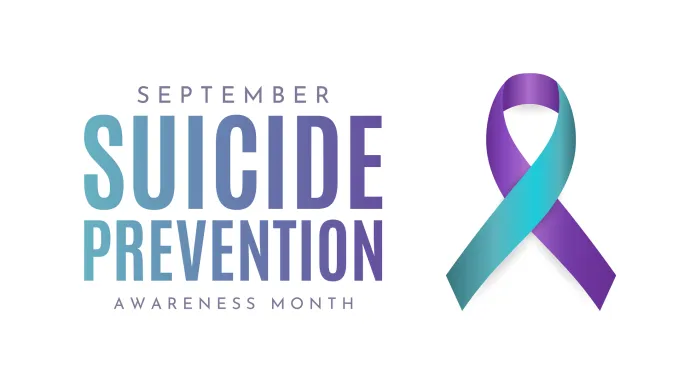5 Compelling Reasons Why We Procrastinate and How to Overcome Them.
Introduction
Procrastination, a curse to productivity, is a universal phenomenon that transcends cultural and social boundaries. We all engage in it at some point, be it postponing folding clothes, doing a school or a work assignment, delaying household chores, or pushing aside that gym session we promised ourselves.
While procrastinating tasks may seem like a simple decision to put things off until later, it is a complex behavior deeply rooted in the human brain. This blog post will delve into procrastination intricacies, examining why we succumb to it and uncovering our brain’s role in this all-too-familiar phenomenon.
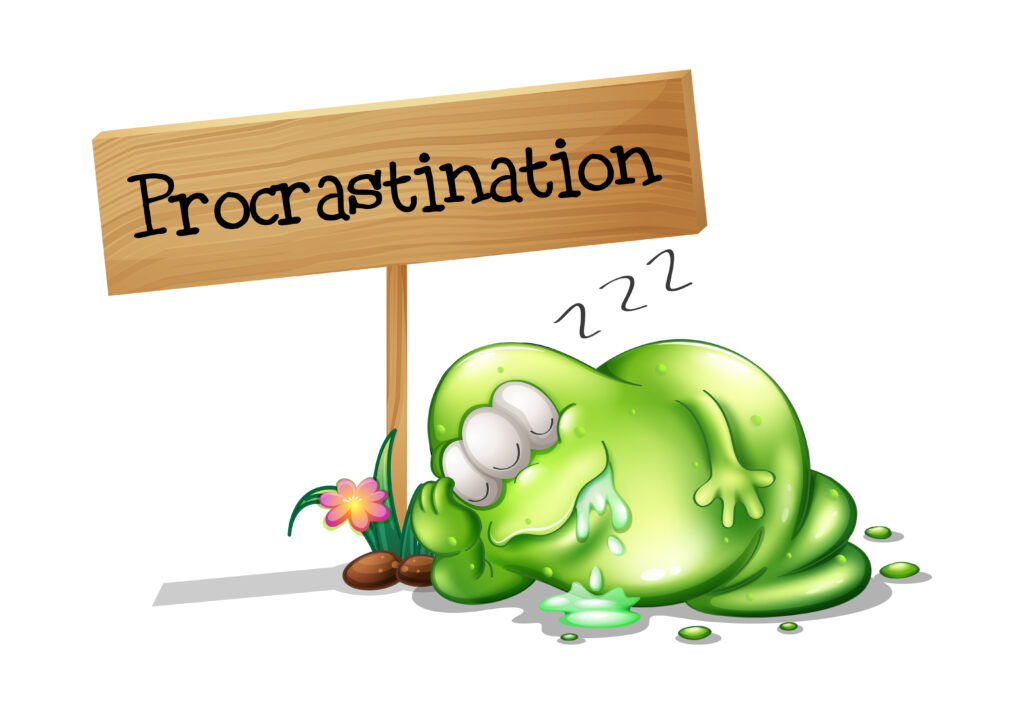
The Procrastination Puzzle
According to the Association for Psychological Science, procrastination is the failure of self-regulation. In this case, people delay tackling tasks despite knowing they will suffer from the inaction. It is a habit that many struggle to overcome, leaving us pondering: Why do we procrastinate?
1. The Brain’s Reward System
To understand the science behind procrastination, examining the brain’s reward system is crucial. Over the years, mental health experts have found that our brain is hardwired to seek pleasure and avoid pain, a fundamental survival instinct. When we complete tasks or attain earlier set goals, our brain releases neurotransmitters, for example, dopamine, commonly called the “feel-good” chemical. This dopamine rush in the body creates a sense of accomplishment and satisfaction.
However, the brain’s reward system can be a double-edged sword. Even though it responds well to completed tasks, it is finely tuned to respond to immediate rewards. For example, watching TikTok videos offer an immediate reward (feel good) instead of doing a school assignment. When choosing between a task that promises future rewards (a school assignment) and a more instantly gratifying activity (watching TikTok videos), the brain often steers us toward the latter. This inclination is a key contributor to procrastination.
2. Temporal Discounting: The Present vs. The Future
Another underlying reason why we procrastinate is what mental health experts call temporal discounting. Temporal discounting refers to the human tendency to place greater value on immediate rewards while diminishing the importance of future benefits. When faced with a choice, we prioritize short-term pleasure over long-term gains.
Imagine having to prepare a report that is due in two weeks. The immediate pleasure of watching a TV show, watching TikTok videos, or even scrolling through other social media platforms holds a stronger appeal than the distant satisfaction of completing the report. As a result, we are likely to choose the immediate reward, even though it means we will face the consequences of impending tasks later. This temporal discounting phenomenon significantly contributes to procrastination.
3. The Fear of Failure and Perfectionism
Another main factor driving procrastination is the fear of failure. Most of us procrastinate because we worry that we might not perform well or our work may not meet our high standards. The fear of failure is paralyzing and mostly prevents us from starting a task. It is a classic case of “perfectionism paralysis.”
When faced with a task, for example, completing a school assignment, our brain perceives the task as a potential source of stress or failure, triggering the fight-or-flight response. In such a case, procrastination becomes a way to temporarily escape this anxiety, which, ironically, only compounds the stress and anxiety as deadlines loom closer.
4. Task Aversion and Low Self-Regulation
Procrastination can also be associated with task aversion and a lack of self-regulation. In our day-to-day activities, some of our tasks are inherently less enjoyable or more challenging. In such cases, our brain naturally gravitates towards tasks that require less effort or are more enjoyable. This leads us to put off tasks we find aversive or mentally taxing.
Furthermore, people who struggle with low self-regulation may find it particularly challenging to resist immediate gratification. They will enjoy watching TV all day and neglect a more significant task. They also lack the discipline to stay focused on long-term goals and easily succumb to procrastination.
5. Social Comparison and Peer Influence
Lastly, social factors also play a significant role in procrastination. Sometimes, we compare ourselves to peers or colleagues. When others around us are also procrastinating, it can create a sense of normalization, making it easier to justify our procrastinatory behavior. Conversely, seeing our peers working diligently and meeting deadlines may motivate us to do the same. Social influence can sway our procrastination tendencies in either direction.

Strategies to Combat Procrastination
In his book, “Eat that Frog,” Brian Tracy recommended ways to overcome procrastination. Read the summary here. In this case, understanding why we procrastinate is only the first step. However, overcoming procrastination requires a combination of self-awareness and effective strategies. Here are some actionable steps to combat procrastination:
1. Set Clear Goals and Priorities – When tackling a huge task, start by defining your goals and breaking them into small, manageable tasks. You can classify your tasks into ABCDE, with A being the most important task and E being the least important one.
2. Create a Structured Schedule – Develop a daily or weekly schedule that allocates specific task time slots. This structure can help you stay organized and on track.
3. Use Time Management Techniques – Various techniques, including Pomodoro, which involves working in focused intervals followed by short breaks, can boost productivity and reduce procrastination.
4. Practice Self-Compassion – When engaging in your task planning and execution, be kind to yourself and acknowledge that perfection is not always attainable. Accepting imperfections can alleviate the fear of failure.
5. Seek Accountability – Share your goals and deadlines with a friend or colleague who can hold you accountable—having someone to answer can motivate you.
6. Minimize Distractions – Identify and eliminate distractions in your workspace. Consider using website blockers or apps that limit access to time-wasting websites.
7. Reward Yourself – Create a system of rewards for completing tasks. This can positively trigger the brain’s reward system, making tasks more enticing.
Conclusion
From the above explanation, it is evident that procrastination is a complex behavioral pattern deeply rooted in the brain’s reward system, our tendency to favor immediate rewards, and a fear of failure, among other factors. Understanding the science behind procrastination is key to breaking free from its grip and enhancing our productivity.
By implementing the above-suggested strategies, including setting clear goals, time management techniques, and practicing self-compassion, you can regain control over your procrastination tendencies. Remember, conquering procrastination is a gradual process, but with determination and the right tools, we can pave the way to a more productive and fulfilling life.
